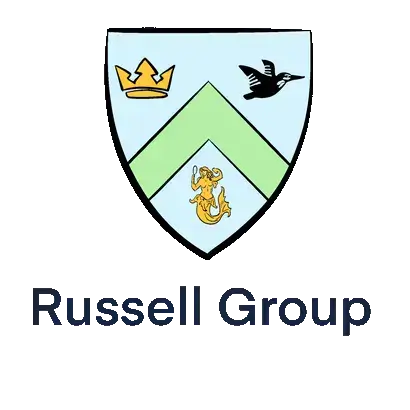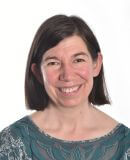Trinity School tutors
Trinity School entrance guide
Founded in 1596, Trinity School is part of the John Whitgift Foundation and is situated in Croydon in South London. Oversubscribed at all entry points, this popular day school has over 1000 pupils who come from all over South London, with school minibuses and public transport both providing excellent options for travel. Trinity School caters for boys aged 10-18, with girls educated from age 16 only in the sixth form. It is unusual amongst independent schools in starting at Year 6 rather than Year 7, so there are four standard entry points: 10+, 11+, 13+ and 16+. Below you can find our guide to all entry points to Trinity School alongside details of our tutors who can support pupils and families seeking admission there.
Open Days and Events at Trinity School
Regular tours of Trinity School take place for specific entry points, and these are available to book on the school website. There is also a virtual tour for those families unable to visit, alongside introductory videos with key staff and pupils talking about their experience of the school. In addition, a whole school open day takes place early in the Autumn Term for entry at 10+, 11+, 13+ and 16+. Tours are also offered to prospective pupils once offers of places have been sent out.
10+ Entry to Trinity School
Following registration in the Autumn Term of Year 5, boys will undertake a two-stage admissions process for 10+ entry to Trinity School. The first stage is an assessment day, with exams in Maths, English and Verbal Reasoning, which takes place later the same term. The English exam, which is one hour long, consists of both comprehension and free writing. The Maths exam is non-calculator and consists of short and longer answer questions; Verbal Reasoning is based on age-appropriate tests for this year group. The second stage for successful boys is an interview of between 15 and 30 minutes which will be held early in the Spring Term. Following this, offers are sent out and a final tour is available for prospective pupils before decisions have to be made.
11+ Entry to Trinity School
The process for 11+ entry to Trinity School is very similar to 10+, with a two-stage process. Entrance exams take place in English, Maths and Verbal Reasoning, with successful boys going forward to the interview stage. Following this, offers are sent out and a final tour is available for prospective pupils before decisions have to be made.
13+ Entry to Trinity School
There are two options for 13+ entry to Trinity School. Prospective pupils can undertake the ISEB pre-test in Year 6 which, subject to success, offers guaranteed entry into Year 9. This pre-test is normally sat at the child’s current school. There is also a more traditional route of entrance exams and interview in Year 8, which mirrors the process for 10+ and 11+ entry described above. Boys wishing to sit the entrance exams in year 8 will sit exams in English, Maths and Verbal Reasoning which, whilst age-appropriate, follow the same format as the 10+ and 11+ exams. The second stage is an interview, and offers are sent out promptly after this. As with 10+ and 11+ entry, final tours are available to help with decision-making.
16+ Entry to Trinity School
Applications for 16+ entry to Trinity School open early, in the Summer Term of Year 10, and there is a specific Sixth Form Open Evening early in the Autumn term of Year 11 followed by a subject Open Evening for applicants later that term. This is the first entry point at which girls can apply as well as boys. The first stage for Sixth Form entry is an examination day, with three exams taking place, broadly based on English, Maths and Reasoning skills. These exams are designed to be accessible to all pupils who are taking GCSEs in English, Maths and Science. Following this, successful pupils will be invited to interview. Offers will be sent out shortly afterwards and are conditional on specific GCSE grades being achieved.
Scholarships and Bursaries to Trinity School
Scholarships are available for entry to Trinity School at 10+, 11+, 13+ and 16+. The entrance examinations form the basis for decisions about academic scholarships, so there is no separate assessment for these. At all entry points, there are also scholarships available in Music, Drama, Sport, Art and Design and Technology. Details of the application process, which varies for each entry point, is available on the school website but essentially involves a further assessment day following the standard entrance exams. Prospective pupils can apply for up to two of these scholarships. All scholarships are worth up to 50% of fees.
Bursaries are available for entry to Trinity School at all entry points for those families who would otherwise be unable to afford the educational opportunities offered by the school. . There are two sources of bursarial support, the Whitgift Foundation and Trinity School itself. All bursaries are means-tested and can be applied for alongside scholarships to increase the fee remission available.










